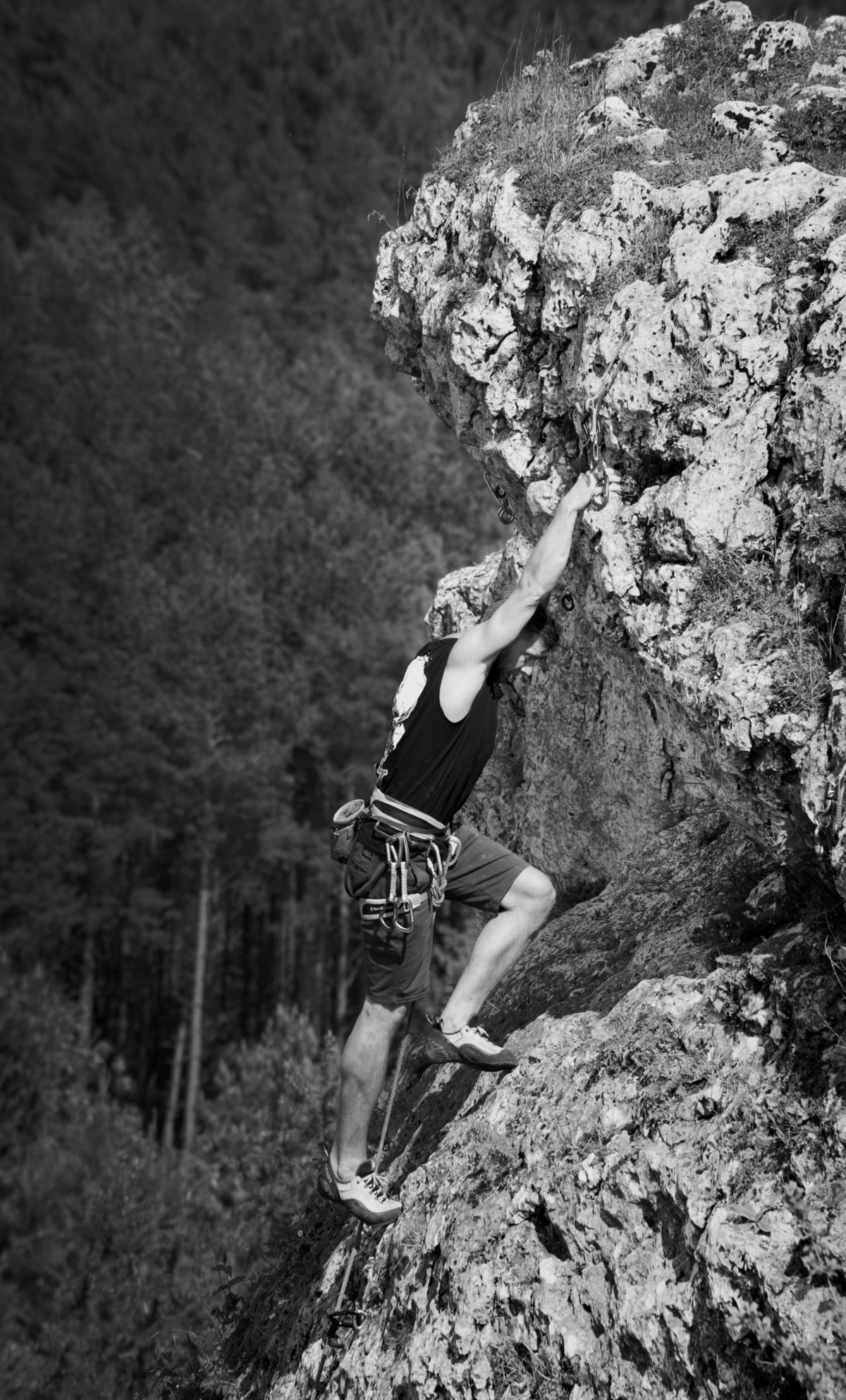CrossFitters, and athletes in general are type A personalities. Go-getters. We are competitive and usually have a very strong inner drive to make fitness progress. I believe this is a good trait to have in life and it also helps us to push ourselves during our training and or competitions.
CrossFit is the sport of fitness. The revolutionary thing CrossFit did was combined all these different exercises and then tracked the data to see how fit people were getting. This has been great and it has helped thousands if not millions of people be introduced to health and fitness as well as improve their life in the same way.
However, with hyper-competitiveness and intense training comes some issues. These may include strains, injuries, burn-out, technique failures, loss of proper technique, and many more. So how are we measuring fitness progress and how can we improve the process?
The standard way
Most people measure fitness progress in ways that are as old as time. These ways might include:
- 1 rep max
- Volume/rep maxes (such as 3, 5, 10, 20 rep max)
- Size
- Weight
- Body fat
Of course all of these can be important and are great ways to measure fitness progress. That’s a reason they have always been used. They work, plain and simple.
But to stay healthy and fit for life you also have to focus on recovery, movement quality, and overall well-being and nutrition.
Other ways to measure fitness progress
- Number of days you maintain heavy work loads or high intensity workouts
- Ability to stay injury free
- Improved technique
- Mobilization improvements
- Recovery time after an intense WOD
- Aptness to move in a pain free way
- Potential to complete life tasks and care for one’s own well being
CrossFit, health, fitness, and life are about much more than how heavy you lift. It’s not about if you have abs or not, or if you can’t sit in a standard airplane seat easily because your legs are so big. I think your health and fitness should be utilitarian. In essence, fitness progress is about how your body serves you in day to day life.
Keep the big (life) picture in sight
You might move heavy weight, you might be 5% body fat, or maybe you have the biggest arms around. But if your joints constantly hurt, you have zero energy and are cranky, or you can’t reach behind you or across your body then what’s the point?!
Your body is a machine, and it has to be taken care of. Like all well-built machines it can take a lot of abuse and mishandling before an important piece fails. And I promise that if you push too hard, eventually pieces will fail and break.
But a machine that is run at the appropriate RPMs, paid attention to, handled properly, and gets regular maintenance will serve its owner for a long, long time.
Start caring about your body, it is the only one you get.


